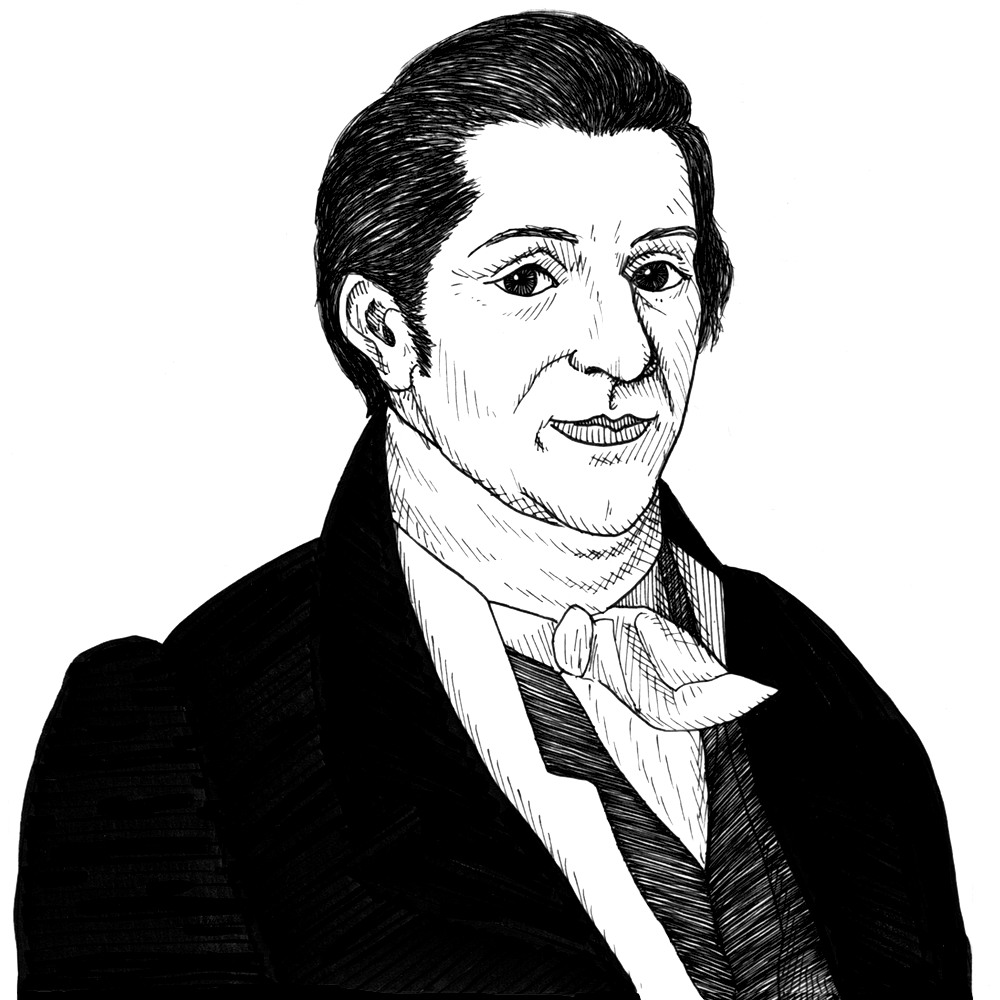
J.B. Say argues that colonial slave labor is really quite profitable for the slave owners at the expense of the slaves and the home consumers (1817)
Found in: A Treatise on Political Economy
Jean-Baptiste Say denounced slavery as “this vicious system of production” and argued that slaves were kept in poverty by their masters who pocketed most of the profits of their labor.
Colonies, Slavery & Abolition
Indeed, this very exorbitance of profit shows, that the industry of the master is paid out of all proportion with that of the slave. To the consumer it makes no difference. One of the productive classes benefits by the depression of the rest; and that would be all, were it not that the vicious system of production, resulting from this derangement, opposes the introduction of a better plan of industry. The slave and the master are both degraded beings, incapable of approximating to the perfection of industry, and, by their contagion, degrading the industry of the free man, who has no slaves at his command.